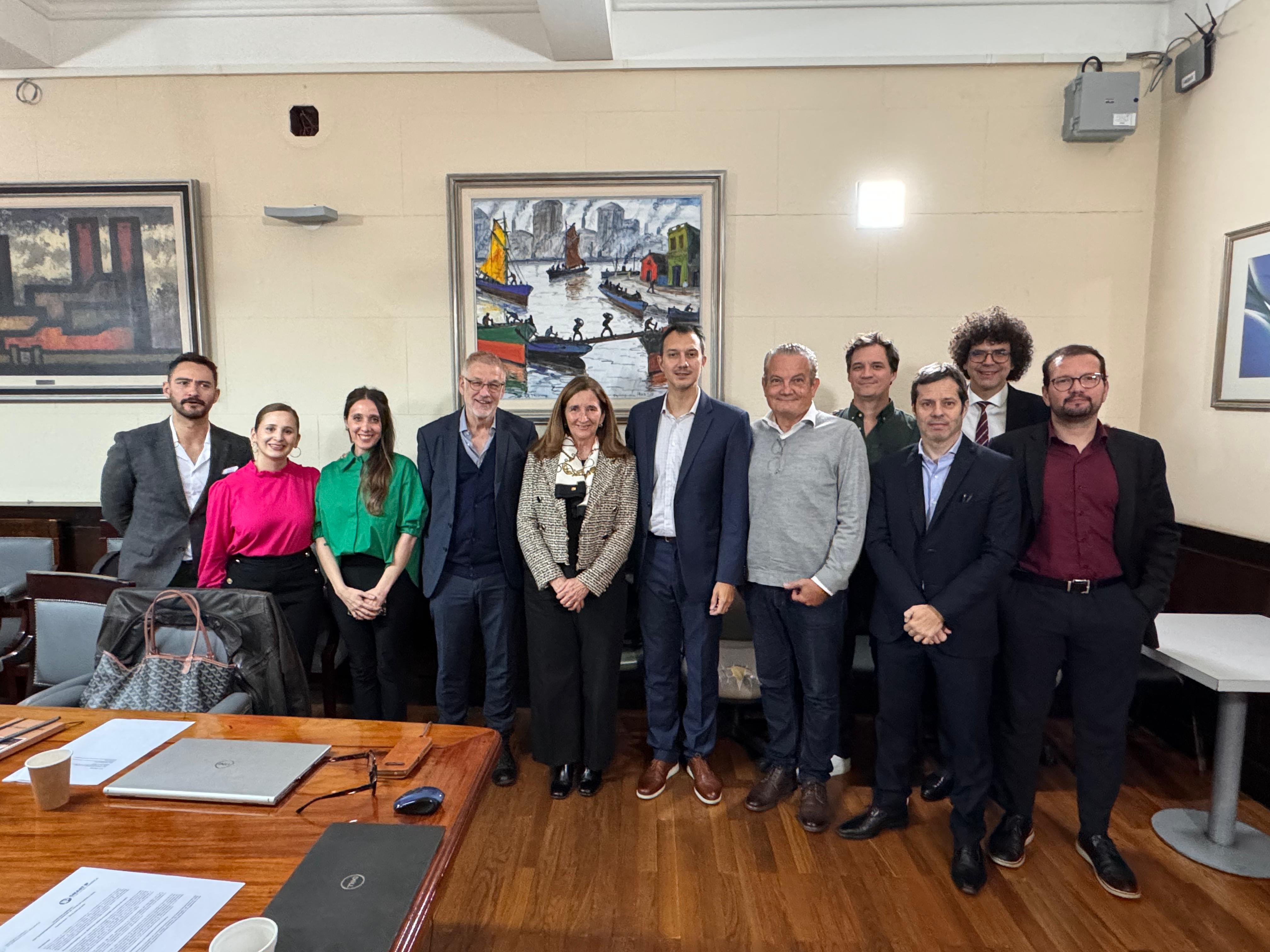
Perspectives in Latin America.
During the exploratory workshop dedicated to the concept of "transformative use" as an exception in copyright, several key aspects defining this term and its practical application were addressed.
As an example, in the field of visual arts, it was discussed how resignification allows for the creation of new works with different purposes and messages, which is considered essential for transformative use. This exception is justified not only by creative innovation, but also because other fundamental rights, such as freedom of expression, must be considered, which may take precedence over copyright. It was also pointed out, in the face of regulatory inadequacy, that although parody is not explicitly recognised in many copyright laws, it can be argued from a constitutional perspective. The focus should not be on the author or the original work, but on the creativity and originality of the resulting new work to analyse the viability of the exception.
Practical Application of Transformative Use by Economic Productive Sectors. User Generated Content (UGC)
In the digital context, platforms such as TikTok and YouTube have revolutionised the way transformative use is conceived, allowing users to create content that, while significantly transforming the original work, does not always automatically qualify as transformative use. Here it is essential to reflect on the nature of use and not just its commercial purpose, as today's audiences actively contribute to the creation of content. The entertainment industry, including video games and the metaverse, is facing new challenges and opportunities with respect to user-generated content (UGC), underlining the need to balance copyright protection with current practices of communication and social participation.
Transformative Use in Technology and Innovation
Finally, it was stressed that the key to transformative use lies in innovation and the ability to respond immediately to current trends. We are in a nascent phase of applying these concepts, and continuous adaptation is required to integrate emerging business models with educational and research exceptions, which are currently very restrictive. In an environment where social practices are constantly evolving, it is imperative to find ways to reward original artists and creators while encouraging creativity and the development of new works. The solution could lie in finding a contractual balance in original user content, thus allowing for a harmonious coexistence between copyright and emerging user rights.
It was agreed to analyse the outcome of this workshop and evaluate whether there is a possibility for future lines of research, or whether it could be used as an in-depth input in the previous project for a regional instrument on permitted uses in copyright law.
SIPLA Team
Reto Hilty (Max Planck Institute for Innovation and Competition, Germany)
Pedro Batista (Max Planck Institute for Innovation and Competition, Germany)
Matthias Lamping (Max Planck Institute for Innovation and Competition, Germany)
Juan Correa (Buenos Aires Observatory of the SIPLA Initiative)
Nicolás Hermida (Buenos Aires Observatory of the SIPLA Initiative)
External participants
- María L. Vázquez, Argentina
- Natalia Pennisi, Argentina
- Pablo Wegbrait, Argentina
- Alejo Barrenechea, Argentina
- Juan Darío Veltani, Argentina
- Marcos Wachowicz, Brazil
- Diego Guzmán, Colombia
- Marcela Palacio Puerta, Colombia
- Eduardo de la Parra, Mexico